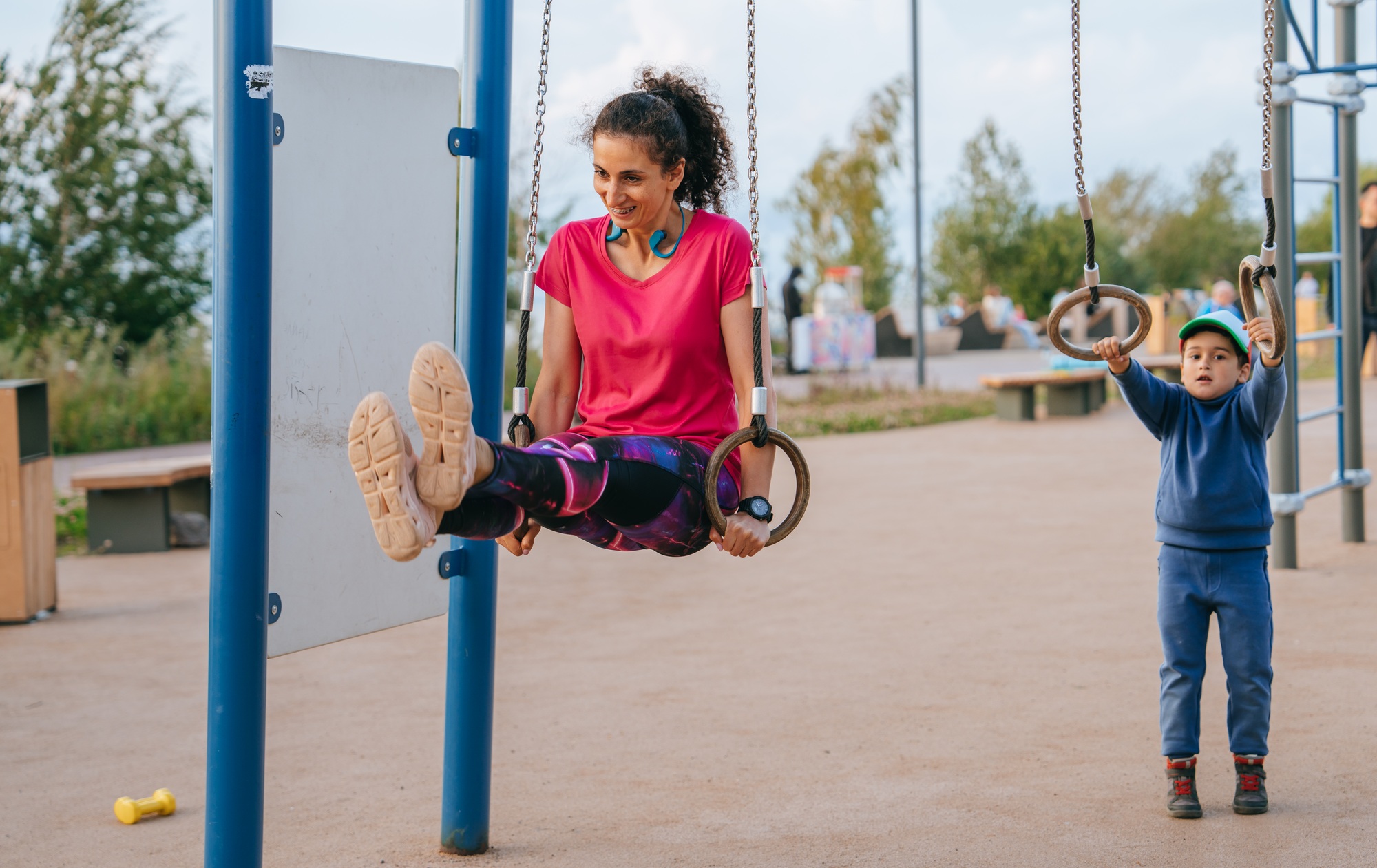As a parent, few things may bring you more joy than seeing your child have fun, develop, enjoy peers, and succeed. Sports are an area of life that offer plenty of opportunities for children and adolescents to grow physically, cognitively, emotionally. From the earliest to the most competitive levels, sport can teach how to cope with pressure, boost self-esteem, develop healthy habits, and foster a strong work ethic.
Participation in athletic activities, especially in the teen years, involves significant time, training, and commitment, and often expectations for future participation at the next level. Many of us want our children to continue their sport participation as long as possible given the opportunities for challenge, travel, and peer connections away from the trappings of social media.
Success in any high level endeavor is not just a reflection of how talented our children are and how hard they work. Behind every athlete is a team of supporters who devote their own time, logistical and/or financial support, and emotional labor to ensure a positive outcome. The roles of the sport parent to provide support, education, and guidance are many, may often be perceived as at odds with our children’s desires, and feel stressful.
Having conversations with our children about how best to approach their sport, their commitment to their goals, their identities beyond sport, their health and wellbeing, and the ups and downs of their sport experiences may challenge even the most adept communicators. The more involved we become with our children’s sport experiences, the more we may overinvest in our children’s success, and the blurrier our boundaries can become between being a parent and coach and how we balance accountability and empathy.
Here are a few examples in which athletes and parents’ desires may differ:
| ATHLETE | PARENT/CAREGIVER |
| Wants to stay out and train | Needs to complete homework, chores |
| Overtrain in desire to improve | Recover, as a means for improvement |
| Lack of commitment to goals | Accountability for goals |
| Foreclosed athletic identity | Well-rounded identity |
| Commitments to sport | Commitments to family, school, or job |
| Wants to have fun, outcome not important | Disappointment with a loss/poor play |
To reduce conflict when possible, here are some tips for sport parents:
- Recognize and separate your ambitions from that of your child’s.
- Support coaches and trainers who are aligned with your values.
- Refer children to coaches and trainers for advice versus being another coach.
- Understand your role in supporting the health, wellbeing, and development of your child.
- Don’t compare progress with your child’s peers.
- Reward efforts over results.
Sport parenting can be stressful, but learning how to communicate optimally is a win-win for all. For more tips and support on how to create optimal mindsets and environments to help children thrive, visit Work It Out Consulting at www.drmichellejoshua.com to schedule a sport parent consultation.






